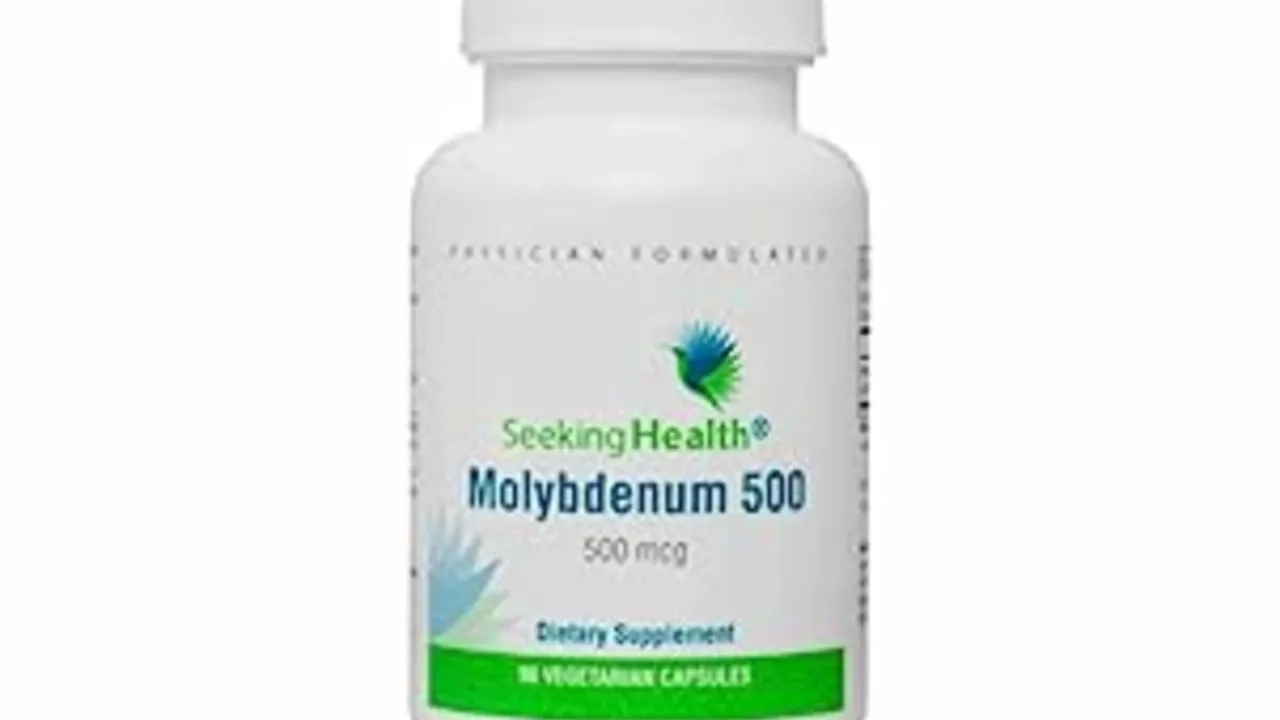Essential nutrient: what it means and how to get enough
Ever wondered what people mean by "essential nutrient"? Plain and simple: these are nutrients your body can’t make on its own (or can’t make enough of), so you must get them from food or supplements. That list includes certain amino acids, fatty acids, vitamins and minerals. Knowing the basics helps you eat smarter, feel better, and avoid surprises like fatigue or hair loss.
Quick daily targets you can use
Here are practical, widely accepted targets you can use as a baseline. They vary by age, sex, and health, but these numbers work for most adults:
- Protein: about 0.8 g per kg body weight (so a 70 kg person needs ~56 g). If you exercise a lot, aim 1.2–2.0 g/kg.
- Fiber: 25–30 g per day from fruits, veggies, whole grains and beans.
- Calcium: 1,000–1,200 mg daily (dairy, fortified plant milks, leafy greens).
- Iron: ~8 mg for men, ~18 mg for premenopausal women. Red meat, lentils, spinach plus vitamin C helps absorption.
- Vitamin D: 600–800 IU (15–20 mcg) is common; many people need supplements in winter or if they avoid sun.
- B12: 2.4 mcg daily (animal foods or fortified products; vegans often need supplements).
- Omega-3 (EPA/DHA): aim for 250–500 mg combined per day from oily fish or supplements; ALA (plant) 1.1–1.6 g.
- Sodium: try to stay under 2,300 mg per day unless your doctor tells you otherwise.
Signs you might be low — and what to do
Feeling tired, getting frequent infections, hair thinning, poor healing or muscle cramps? Those can point to missing nutrients. Don’t guess—check with a doctor and ask for simple blood tests (iron panel, B12, vitamin D, basic metabolic panel). A targeted test prevents unnecessary supplements.
If tests show a gap, fix it with food first: eggs, oily fish, beans, dark leafy greens, nuts, seeds, dairy or fortified milks. Supplements are useful when food isn’t enough—like B12 for strict vegans or vitamin D in low-sun months. Use single-nutrient supplements when possible and follow dose guidance on the bottle or from your clinician.
Curious about natural supplements? We cover lesser-known options like Oregon Fir Balsam, Reed Herb, Jalap and Tylophora on LetsGoPharm. Those articles show what research exists and how to use them safely.
Quick checklist: eat a mix of whole foods, track simple targets (protein, fiber, key vitamins), get a doctor’s panel if you feel off, and use supplements only to fill real gaps. Small steps here give steady, real gains in energy and health.
Molybdenum: The Essential Dietary Supplement for a Healthier You
In my recent blog post, I explored the importance of Molybdenum, a lesser-known but essential dietary supplement. I found that it plays a crucial role in many of our body's biological processes, including metabolic function, enzyme activity, and overall cellular health. Furthermore, a deficiency in Molybdenum can lead to serious health problems, underscoring its importance in our diet. However, it's also key to note that it should be taken in moderation as an excess can also cause health issues. So, in the pursuit of a healthier you, consider the balance of Molybdenum in your diet.
